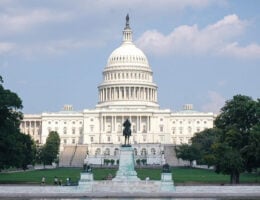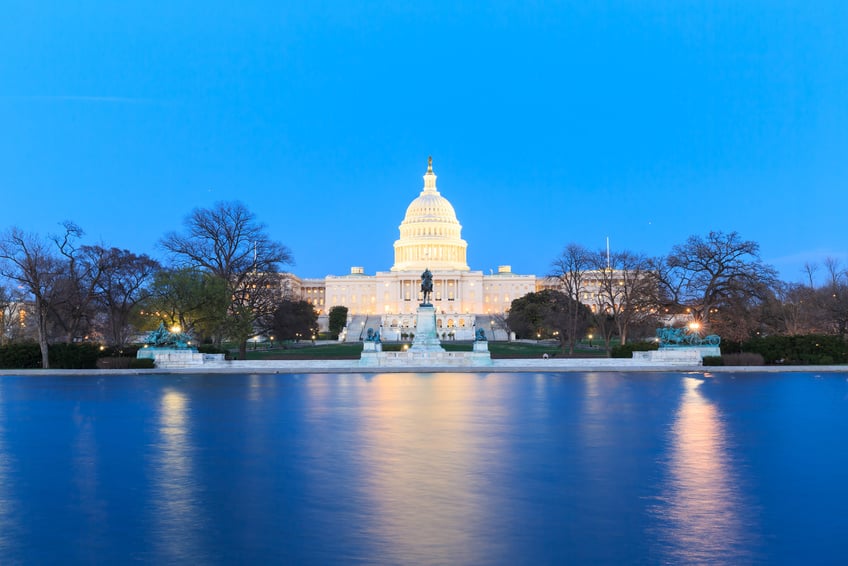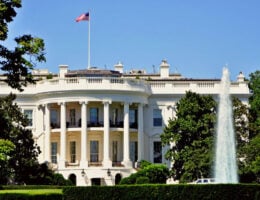In keeping with tradition, we are pleased to invite you to our annual Global Year-End Review of Import/Export & Trade Compliance Developments Conference. The conference will provide valuable insights on the latest developments, challenges and opportunities in the ever-changing landscape of international trade.
We are holding this conference in a split-hybrid format, with an in-person event in Santa Clara, CA, on 12 November and virtual panels on 19-21 November.
On 23 September 2024, the US Department of Justice Criminal Division issued an updated version of its Evaluation of Corporate Compliance Programs document. DOJ uses the Evaluation Guidance to assess the adequacy of compliance programs in place at companies subject to its criminal enforcement activities. DOJ has updated the Evaluation Guidance periodically since its release in 2017 to align with evolving DOJ policies, priorities, and compliance best practices. This latest iteration reflects current DOJ investigation and enforcement priorities and the increasing relevance of artificial intelligence and other emerging technologies to companies, their compliance programs, and DOJ’s enforcement efforts. DOJ also updated the Evaluation Guidance to encourage companies to: 1) incorporate a lessons-learned approach; 2) focus on compliance due diligence and integration in acquisitions; and 3) properly incentivize internal reporting of wrongdoing.
On April 15, 2024, the DOJ launched the Individual Voluntary Self-Disclosures Program, extending incentives for individual wrongdoers to self-report criminal activities. This follows similar initiatives in the SDNY and NDCA.
Having not secured a deferred prosecution agreement in respect of U.K. Bribery Act offences since 2021 and having been rocked by a series of shortcomings regarding its investigation and prosecution of cases, the SFO has arguably been at its lowest ebb.
This week we kicked off our Annual Compliance Conference with key antitrust compliance topics that are impacting businesses today. Specifically, we discussed antitrust risk and enforcement in relation to vertical agreements, and how to manage compliance risk in the context of transactions.
Baker McKenzie’s Sanctions Blog published the alert titled US Government Publishes Compliance Note on Voluntary Self-Disclosures of Sanctions and Export Control Violations on 11 August 2023. Read the article via the link here. Please also visit our Sanctions Blog for the most recent updates.
On 3 March 2023, the Criminal Division of the United States Department of Justice published details of a three-year Pilot Program Regarding Compensation Incentives and Clawbacks. The Compensation Pilot Program is effective 15 March 2023 and from that date it will be applicable to all corporate criminal matters handled by the DOJ Criminal Division. At the same time, DOJ also updated its Evaluation of Corporate Compliance Programs guidance document to reflect the criteria introduced by the Compensation Pilot Program, among other updates.
On 22 February 2023, the US Department of Justice announced a new voluntary self-disclosure policy for corporate criminal enforcement in all United States Attorneys’ Offices around the country. USAOs are often the front line of DOJ’s enforcement efforts, prosecuting federal criminal cases in each of the 94 federal judicial districts across the country. This includes the prosecution of many criminal violations of US sanctions and export controls.
Baker McKenzie’s Sanctions Blog published the alert titled Sanctions Enforcement Around the G7: Intro to Blog Series and View from the United States on 28 February 2023. Read the article via the link here. Please also visit our Sanctions Blog for the most recent updates.
On 22 February 2023, the US Department of Justice announced a new voluntary self-disclosure policy for corporate criminal enforcement in all 94 United States Attorneys’ Offices across the country. This new voluntary self-disclosure policy is a response to Deputy Attorney General Lisa Monaco’s 15 September 2022 Memorandum insisting all DOJ divisions develop a self-disclosure policy, to the extent one does not already exist. Other DOJ components, including the Criminal Division, have already taken steps to issue or update their own policies on this topic.







